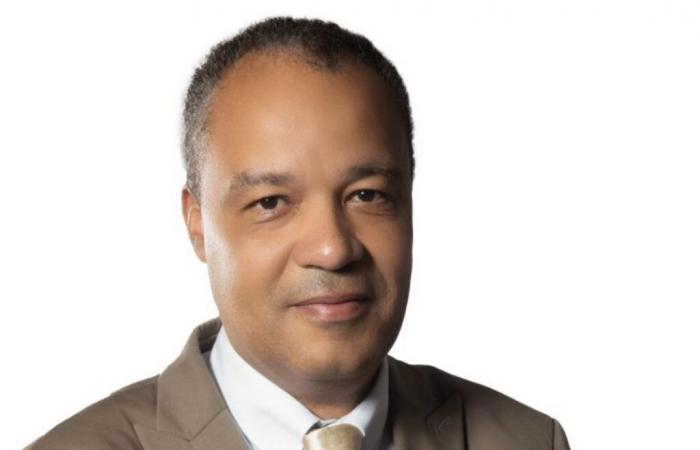Par Christian Kazumbaexpert in sub-Saharan private sector development.
Less than 1.5%! This figure, without concession, unfortunately represents Africa’s current share in international Private Equity, both in terms of volumes and number of transactions. This (very) poor performance is all the more worrying given that four countries (commonly called the “big four”) alone concentrate 80% of the interventions carried out by “risk capital” and “development capital” funds in our country. continent.
It is also not insignificant, in my opinion, that these four “big ones” (Kenya, Nigeria, South Africa and Egypt) belong to the English-speaking and non-French-speaking world… Our startups, our VSEs and our SMEs are suffering drastically from a lack of access to financing. Thus, for example, bank credits granted to the economy in sub-Saharan Africa represent less than 25% of our GDP, the lowest level on the planet.
“Business Angels” and investment funds should therefore play a major role and be welcomed “with open arms”. This is not yet systematically the case!
As everyone knows, identifying the causes of disappointing performance is an essential prerequisite for implementing appropriate solutions, making it possible to remove the obstacles to the growth of a crucial sector with a view to our economic emergence.
Based on my experience, the main obstacles to the emergence of a robust African Private Equity are the following:
Heavy taxation
According to recurring studies by the World Bank, the tax pressure that hits businesses in Africa is one of the highest on the planet and is, on average, almost half of their commercial income. Only Latin America is doing “worse”…
Des coandts operating often dissuasive
Costs of internet data, rent prices in large urban centers, costs of access to energy, costs of qualified human resources are often, contrary to certain preconceived ideas, higher in Africa than in Europe and are slowing down, in fact, the creation or implementation of investment vehicles.
Financial markets which remain to be developed
-The small number of stock exchanges in Africa (around thirty) and the narrowness of their market capitalization make it particularly difficult:
– The assessment of the value of companies targeted by Private Equity players, due to lack of convincing elements of comparison.
– The exit prospects of these players following financing through equity participation.
For example, there are less than fifteen companies listed on the stock market on the BVMAC in the CEMAC zone.
A relative scarcity of “investable” files
This is an indisputable fact in some countries. In this regard, the numerous technical assistance programs underway south of the Sahara should, in my opinion, focus more on strengthening the fundamentals of companies such as their economic and income model, the management of their human capital, the vision long term of the founders, operational procedures, knowledge of their environment as well as their short term financial management.
These different points of attention undeniably concern all stakeholders in our private sector and, therefore, require collective awareness: governance, donors, entrepreneurs, incubation and acceleration structures, coaches, mentors etc.
Make no mistake: we have no choice! It is up to us, Africans, to put in place the necessary conditions to facilitate the genesis of Private Equity “made in Africa”, a vector of financing and value creation that our entrepreneurial ecosystem so badly needs. The resilience, agility and talent of our project leaders amply justify this.
About
Working for fifteen years on the African continent, Christian Kazumbi’s career has allowed him to progress successively in Morocco, Mali, Burkina Faso, Togo, DR Congo and Gabon in operational or general management positions, in companies in the service sector.
In particular, on behalf of a “Big Four” in the DRC, he led a World Bank project aimed at setting up SME centers in Kinshasa, Lubumbashi, Goma and Matadi. After managing the Gabonese subsidiary of Entrepreneurial Solutions Partners, a consulting and investment firm targeting the development of the sub-Saharan private sector, he is now located in Abidjan where he serves as Chief of Staff for the same firm.






